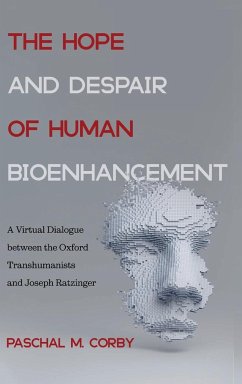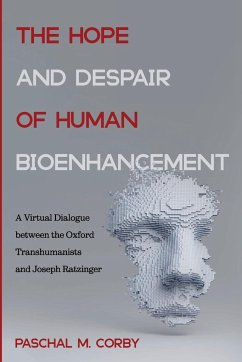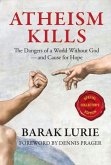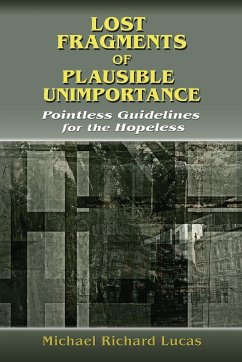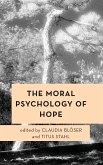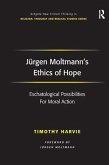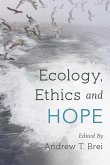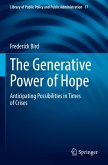The Hope and Despair of Human Bioenhancement is a virtual dialogue between Transhumanists of the "Oxford School" and the thought of Joseph Ratzinger. Set in the key of hope and despair, it considers whether or not the transhumanist interpretation of human limitations is correct, and whether their confidence in the methods of human enhancement, especially through biotechnology, corresponds to genuine hope. To this end, it investigates the philosophical foundations of transhumanism in modernity's rejection of metaphysics, the triumph of positivism, and the universalism of the theory of evolution, which when applied to anthropology becomes the materialist reduction of the human person. Ratzinger calls into question this absolutization of positive reason and its limitation of hope to what human beings can produce, naming it a pathology of reason, a mutilation of human dignity, and a facade of a world without hope. In its place, he offers a richer concept of hope that acknowledges our contingence and limitations.

